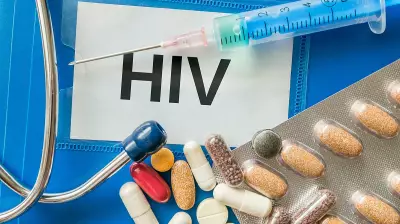
In a significant medical breakthrough that could reshape how we diagnose and treat whooping cough, researchers at Chandigarh's prestigious Postgraduate Institute of Medical Education and Research (PGI) have identified a new bacterial strain causing the respiratory illness.
The Discovery That Changes Everything
The research team at PGI's Department of Medical Microbiology has detected a novel strain of Bordetella parapertussis in patients presenting with whooping cough symptoms. This discovery is particularly crucial because this specific strain had previously gone undetected in routine diagnostic tests, potentially leading to misdiagnosis and delayed treatment.
Why Early Diagnosis is Now More Critical Than Ever
According to the PGI study, early detection of whooping cough has taken on new importance with this discovery. The research emphasizes that:
- Delayed diagnosis can lead to severe complications, especially in vulnerable populations
- Traditional testing methods may miss this new bacterial strain
- Early intervention significantly improves treatment outcomes
- Accurate diagnosis helps prevent community transmission
What This Means for Public Health
This groundbreaking finding has substantial implications for India's public health strategy against whooping cough. The identification of this new strain means healthcare providers may need to reconsider their diagnostic approaches and treatment protocols.
The PGI research team recommends heightened awareness among medical professionals about the possibility of this strain in patients showing whooping cough symptoms, even when standard tests return negative results.
This discovery underscores the evolving nature of infectious diseases and the continuous need for advanced diagnostic capabilities in our healthcare system. As bacteria adapt and change, so too must our methods of detection and treatment.






